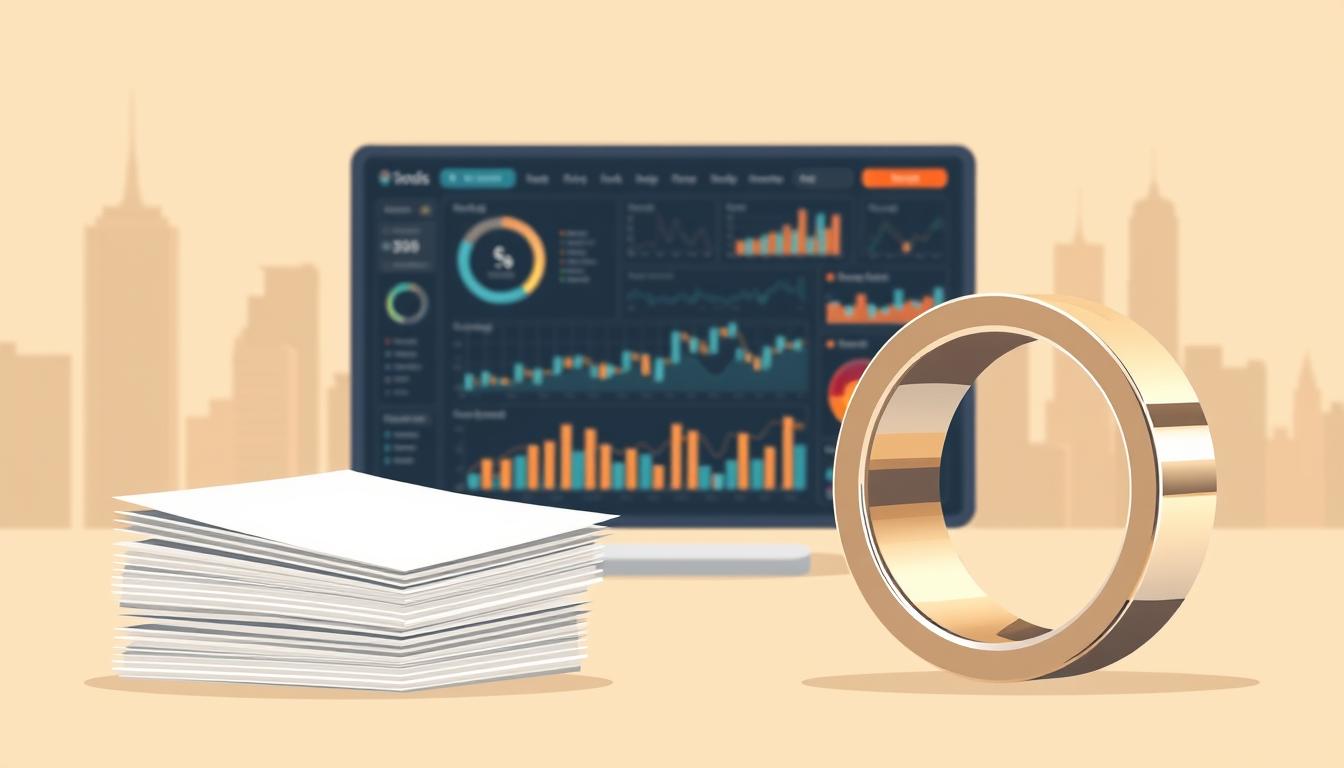Need cash fast? Apply for an online instant loan approval and get approved in minutes. Our hassle-free process gets you the funds you need.
Business Loan Requirements: What You Need to Know
Discover the essential business loan requirements to secure financing for your venture. Get the inside scoop on what lenders look for.
Student Loan Repayment Guide: Everything You Need to Know
Discover the ultimate student loan repayment guide – everything you need to know to manage your debt and achieve financial freedom.
Find the Best Low-interest Home Loans in the USA
Find the most affordable low-interest home loans in the USA to finance your dream home.
Find the Best Personal Loan to Fit Your Budget
Discover the best personal loan options to fit your budget. Get the financing you need with our comprehensive guide.
Balancing Risk and Return: Key Insights for Investors
Discover how to balance risk and return in your investments. Our expert guide provides key insights to help you make informed decisions.
Unlock the Power of Mutual Funds: A Beginner’s Primer
Explore the world of mutual funds and start investing with confidence. Our primer covers the basics.
Stocks vs Bonds Explained: Which is Right for You?
Understand the pros and cons of stocks vs. bonds, and get expert guidance on choosing the optimal investment mix for your portfolio.
Investment Strategies for Beginners: A Comprehensive Guide
Unlock the secrets to smart investing for beginners. Our guide covers top strategies to build a strong portfolio.
Kickstart Your Investment Journey: How to Start Investing
Start your investment journey with our comprehensive guide on how to start investing. Learn the basics, explore investment options, and take the first steps towards financial freedom.









